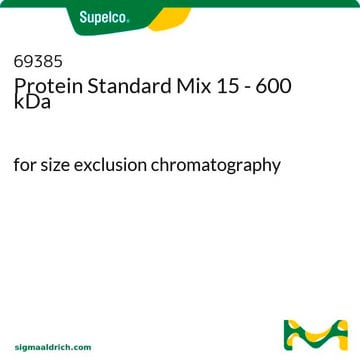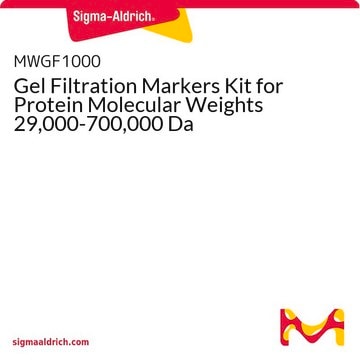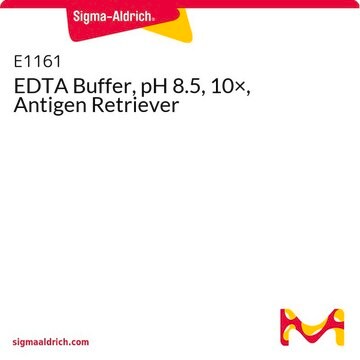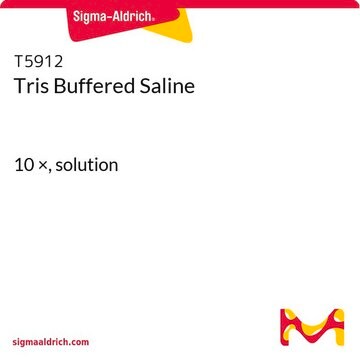Recommended Products
form
aqueous solution
Quality Level
packaging
pkg of 1 L ready to use (920P-09)
pkg of 1 gal ready to use (920P-10)
pkg of 200 mL 20x (920P-06)
pkg of 200 mL ready to use (920P-05)
pkg of 240 mL 100x (920P-07)
pkg of 50 mL 20x (920P-04)
technique(s)
immunohistochemistry: suitable
shipped in
ambient
General description
Trilogy is the ultimate solution for your lab. Unlike other EDTA solutions, Trilogy is a near neutral pH solution, making it less harmful on tissue, while still exhibiting the strong unmasking abilities of a conventional EDTA solution. Trilogy′s revolutionary formula combines deparaffinization, rehydration, and unmasking, all in one simple step! Trilogy allows for standardization of the pretreatment procedure, which in turn leads to more consistent and reliable results.
Physical form
Solution containing pretreatment reagents
Other Notes
For Technical Service please contact: 800-665-7284 or email: [email protected]
Legal Information
Trilogy is a registered trademark of Merck KGaA, Darmstadt, Germany
Choose from one of the most recent versions:
Certificates of Analysis (COA)
Lot/Batch Number
Don't see the Right Version?
If you require a particular version, you can look up a specific certificate by the Lot or Batch number.
Already Own This Product?
Find documentation for the products that you have recently purchased in the Document Library.
Customers Also Viewed
Pamungkas Bagus Satriyo et al.
Journal of clinical medicine, 8(2) (2019-01-30)
Cancer stem cells (CSCs) promote tumor progression and distant metastasis in breast cancer. Cadherin 11 (CDH11) is overexpressed in invasive breast cancer cells and implicated in distant bone metastases in several cancers. The WNT signalling pathway regulates CSC activity. Growing
Allison R Pine et al.
Cancer discovery, 10(7), 964-979 (2020-04-08)
Glioblastoma (GBM), an incurable tumor, remains difficult to model and more importantly to treat due to its genetic/epigenetic heterogeneity and plasticity across cellular states. The ability of current tumor models to recapitulate the cellular states found in primary tumors remains
Amanda Linkous et al.
Cell reports, 26(12), 3203-3211 (2019-03-21)
The prognosis of patients with glioblastoma (GBM) remains dismal, with a median survival of approximately 15 months. Current preclinical GBM models are limited by the lack of a "normal" human microenvironment and the inability of many tumor cell lines to accurately reproduce
Yu-Ting Hsu et al.
Scientific reports, 10(1), 11496-11496 (2020-07-15)
Patients with kidney failure rely on life-saving peritoneal dialysis to facilitate waste exchange and maintain homeostasis of physical conditions. However, peritoneal dialysis often results in peritoneal fibrosis and organ adhesion that subsequently compromise the efficiency of peritoneal dialysis and normal
Our team of scientists has experience in all areas of research including Life Science, Material Science, Chemical Synthesis, Chromatography, Analytical and many others.
Contact Technical Service













